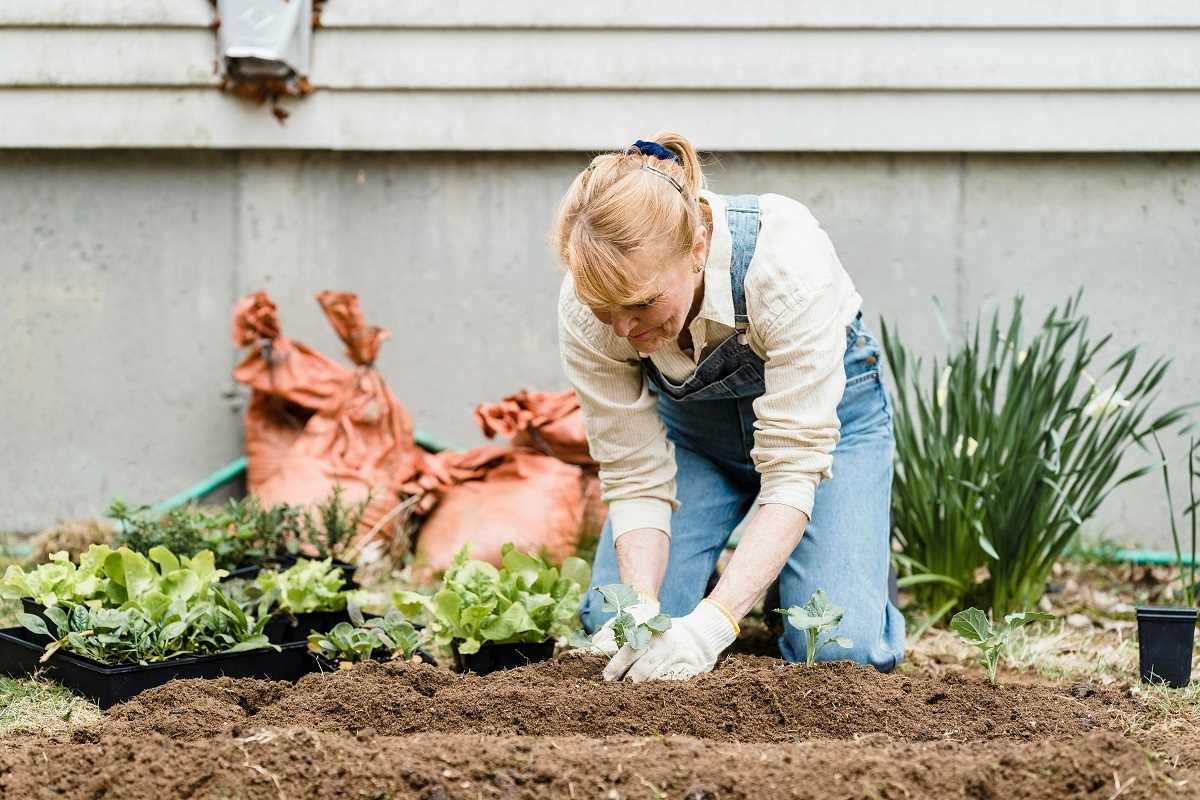Long workdays often bring an inevitable slip in attention and energy. Hours spent staring at screens or managing complex tasks can leave the mind feeling drained and unfocused. While quick fixes like caffeine or scrolling through social media might offer a temporary lift, they do little to address the deeper need for mental restoration. Gardening, on the other hand, offers a more sustainable way to recharge during breaks. The act of nurturing plants and connecting with nature has a calming effect that sharpens focus and reduces stress. By incorporating this simple yet enriching activity into your routine, you can find fresh energy and clarity to tackle the demands of the day.
Why Gardening Enhances Mental Clarity
Gardening is more than a leisurely pastime; it’s an activity deeply rooted in mindfulness. When you care for plants, your focus naturally shifts to the present moment. Digging in soil, pruning leaves, or watering plants requires attention to detail, pulling your mind away from racing thoughts or lingering stressors. This connection to the act of caring for something cultivates a sense of calm that promotes mental clarity.
Spending even a few minutes with plants stimulates the senses. The earthy smell of soil, the vibrant colors of leaves and flowers, and the tactile sensation of working with your hands all combine to create a grounding experience. This sensory immersion acts as a reset button for an overworked brain, clearing mental clutter and improving concentration.
Studies support the mental health benefits of gardening. Research has shown that spending time in green spaces significantly reduces cortisol levels, a key marker of stress. This drop in stress doesn’t just help you feel relaxed; it directly influences your ability to focus by freeing up cognitive resources often consumed by anxiety or worry. Even small gardening tasks can trigger this effect, making it an ideal activity for short breaks.
The Science Behind Gardening and Focus
Much of gardening’s impact on focus can be traced to its effects on the brain and body. One key mechanism is the activation of the parasympathetic nervous system, which helps the body shift away from the “fight or flight” state driven by stress. Activities like digging soil or planting flowers promote a relaxed state, lowering heart rate and blood pressure while providing mental calm.
Exposure to natural light is another factor that enhances gardening’s restorative benefits. Sunlight stimulates the production of serotonin, often referred to as the “feel-good” hormone. Increased serotonin levels improve mood, while also supporting cognitive functions like memory and attention. Even a brief outdoor gardening session exposes you to sunlight, helping regulate your body’s internal clock and keeping your energy balance intact throughout the workday.
Working with plants also taps into the concept of biophilia, the human tendency to be drawn to the natural world. This deep-seated connection to nature explains why interacting with plants feels inherently rewarding. Scientific studies have shown that activities involving greenery, even on a small scale like indoor gardening, enhance attention spans and reduce mental fatigue.
Stress Reduction Through Nurturing Routine
At its core, gardening is an act of nurturing, and this carries its own stress-relieving power. Caring for plants fosters a sense of responsibility and accomplishment, which can provide relief from the pressure of work deadlines or demanding schedules. The repetitive yet gentle actions involved in gardening encourage mindfulness, shifting your focus away from stressors and toward the task at hand.
This nurturing aspect also instills a sense of purpose. Watching a seedling grow into a thriving plant mirrors the process of effort and reward, reinforcing a positive perspective on your own workload and challenges. Even tending to a small potted plant on your desk can trigger a sense of satisfaction, delivering a mental boost that carries over into the rest of your day.
Gardening as a Physical Reset
Aside from its cognitive benefits, gardening is also a physical activity that complements desk-bound work. While it’s not rigorous exercise, the light movement involved in planting, pruning, or watering breaks the cycle of sedentary behavior. This movement helps increase blood flow, which delivers more oxygen to the brain and enhances its ability to focus.
Stretching and bending as you work also loosen tight muscles and reduce stiffness, which often builds up after hours spent at a workstation. These physical resets can alleviate common distractions caused by discomfort, allowing you to return to tasks feeling more refreshed.
Even the simplest tasks, like filling a watering can or rearranging pots, engage fine motor skills in a calming way. This combination of mental focus and light physical activity creates a sense of balance that makes gardening uniquely restorative.
Incorporating Gardening Into Work Breaks
Bringing gardening into your day doesn’t require a sprawling backyard or hours of free time. It’s an activity that can be tailored to fit even the busiest schedules and smallest spaces. If you work from home, tending to a backyard garden or patio plants is an easy way to integrate nature into your routine. A quick ten-minute session checking on plants or watering them offers a break from screens while re-centering your energy.
For office environments, small indoor gardening setups can provide similar benefits. Desk plants such as succulents, peace lilies, or small ferns require minimal maintenance yet still offer the calming perks of green spaces. Taking a moment to prune a leaf or wipe dust off a plant’s surface can be surprisingly meditative. Creating a small window herb garden or a shelf filled with potted greens can also help bring natural energy to your space.
For those who want to take it a step further, community gardening initiatives or allotments can transform breaks into more social, engaging experiences. Working alongside others adds a collaborative dimension that supports not only focus but also connection and collective well-being.
The Long-Term Payoff of Gardening Breaks
The cumulative effects of incorporating gardening into your routine extend beyond improved focus on any given day. Over time, these breaks can strengthen resilience to stress, improve emotional balance, and even increase your overall enthusiasm for work. The small but meaningful sense of progress that comes with nurturing plants mirrors the mindset needed to approach broader challenges, both personal and professional.
Gardening also encourages a slower, more intentional pace, which helps counteract the rush and busyness so common in the modern workday. These restorative moments create a ripple effect, enhancing not just immediate focus but overall mental and physical health.
Cultivating Focus Through Nature
Gardening during breaks isn’t just a pleasant diversion; it’s a powerful tool for regaining focus and balance. By stepping into nature—even for a few moments each day—you connect with something larger than the tasks at hand. Whether it’s caring for a blooming flower, planting hardy herbs, or simply tending to a desk-sized succulent, the act of gardening offers restorative benefits that can elevate how you work and feel. With each plant nurtured, you nurture your sense of clarity, energy, and calm, one break at a time.
 (Image via
(Image via





